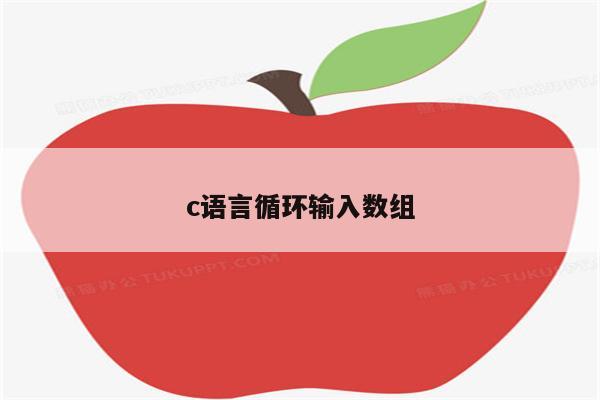- 作者:老汪软件技巧
- 发表时间:2024-09-06 10:02
- 浏览量:
// 创建一个函数类型,参数为string类型,返回值为void
type say = (name: string) => void
// 定义一个函数,类型为say
let sayHello: say = (name: string) => {
console.log(`hello ${name}`)
}
sayHello('nanjiu')
上面通过type创建了一个函数类型:该函数有一个参数,并且参数类型为string。函数的返回值类型为void
函数返回非undefined值
从上面void的介绍中,我们可以确定该函数的返回值只能为undefined(显式隐式都可以)。
但是此时却不是这样了,你给它返回任何值都可以...
// 创建一个函数类型,参数为string类型,返回值为void
type say = (name: string) => void
// 定义一个函数,类型为say
let sayHello: say = (name: string) => {
console.log(`hello ${name}`)
return null
}
const res = sayHello('nanjiu')
console.log(res) // null
为什么会这样?
上面这个例子是不是违背了当初void的定义,难道这是TS的bug吗?
其实并不是的,官方的解释是:
是为了确保如下代码成立,我们知道Array.prototype.push的返回值是一个数字,而Array.prototype.forEach方法期望其回调的返回类型是void
const arr = [1, 2, 3, 4, 5]
const list = [0]
arr.forEach(item => list.push(item))
console.log(list)
红色框圈出来的是forEach的回调函数的类型定义,也就是item => list.push(item)
它也就相当于是使用type进行的自定义类型声明
type callbackfn = (value: number, index: number, array: number[]) => void

该函数的类型定义为,有三个参数,前两个类型均为number,第三个参数为全为number类型的数组,函数返回值类型为void
由于我们的回调函数使用的是箭头函数的简写形式,该简写形式相当于会return list.push(item),并且push方法又是有返回值的
item => list.push(item)
等同于
item => {
return list.push(item)
}
等同于
item => {
return 2
// return 3
// return 4
// ...
}
那也就是说该函数的返回值类型变成了number,不符合void的类型定义。
所以TS官方为了让我们能够使用这种简写形式,才有了这一现象。
使用类型声明限制函数返回值为void时,TS并不会严格要求函数返回空
否则的话这种场景我们就只能这样写了:
arr.forEach(item => {
list.push(item)
})
// 或者
arr.forEach(function(item) {
list.push(item)
})
但需要注意的是,尽管使用类型声明限制函数返回值为void时,TS并不会严格要求函数返回空,但我们还是不能依赖其返回值进行任何操作
// 创建一个函数类型,参数为string类型,返回值为void
type say = (name: string) => void
// 定义一个函数,类型为say
let sayHello: say = (name: string) => {
console.log(`hello ${name}`)
return name
}
const res = sayHello('nanjiu')
console.log(res) // nanjiu
if (res) {
console.log('res')
}




